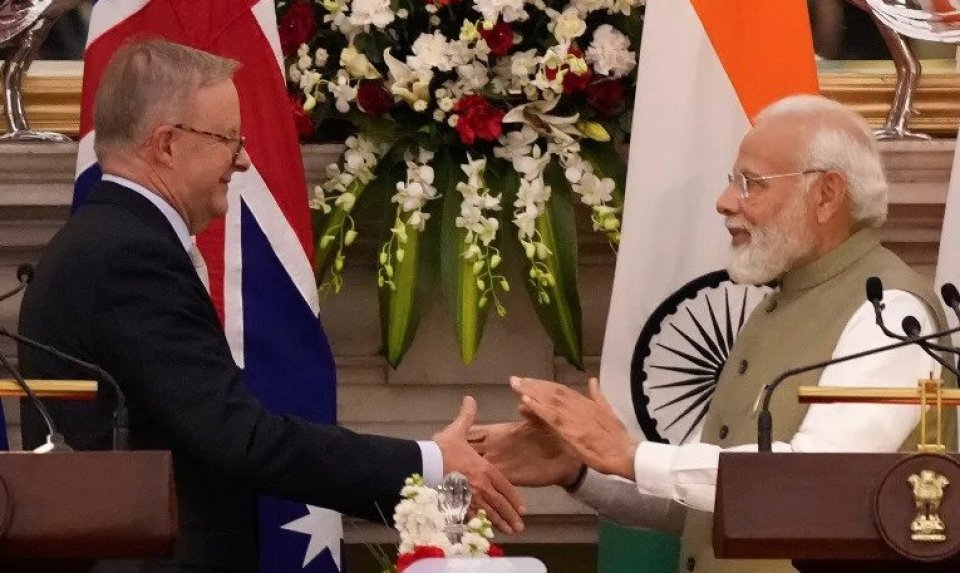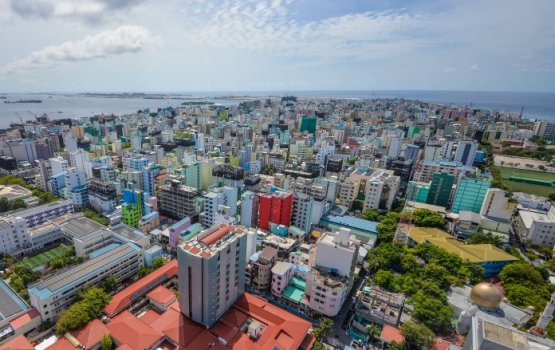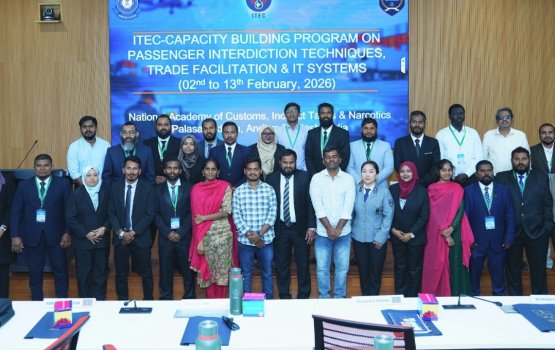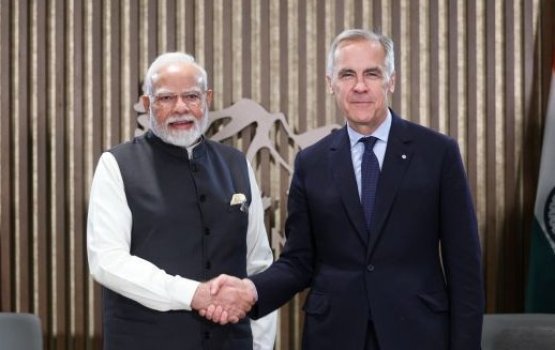Australian Prime Minister Anthony Albanese and Narendra Modi agreed to strengthen their relations in various areas that include broader economic collaboration and to increase their defence links.
The Economic Cooperation and Trade Agreement (ECTA), the first free trade agreement between India was signed by the two nations last year.
Yet, negotiations for the considerably bigger Comprehensive Economic Cooperation Agreement (CECA) have dragged on for more than ten years. The nations' negotiations resumed in 2011, but they were put on hold in 2016 due to a deadlock.
A settlement has yet to be reached despite the fact that negotiations resumed in 2021.
The ambitious Comprehensive Economic Cooperation Agreement was also decided upon, and Albanese, who is currently in India, said to reporters in New Delhi on Friday: "I am hoping that we will be able to finalize that this year.
"This game-changing agreement will realize the full potential of the two countries' economic relationships, generating new job opportunities and boosting living standards for both Australians and Indians," says the statement.
In addition to discussing climate change, he claimed that Australia and India had made "substantial and ambitious" strides toward enhancing their defense and security ties.
In 2021, there was $27.5 billion in bilateral trade between the two nations. According to India, the ECTA has the potential to increase that amount to $50 billion in just five years.
India was Australia's ninth-largest trading partner in the 2022 fiscal year, and they intend to quadruple trade in that time.
According to the economic think tank Global Trade Research Initiative, India's exports to Australia in 2021–22 totaled $8.3 billion, while its imports totaled $16.7 billion.
While 95 percent of India's imports from Australia include raw materials and mining goods required by Indian industry, India's exports from Australia span from agriculture, textiles, and railway engines to telecom.







